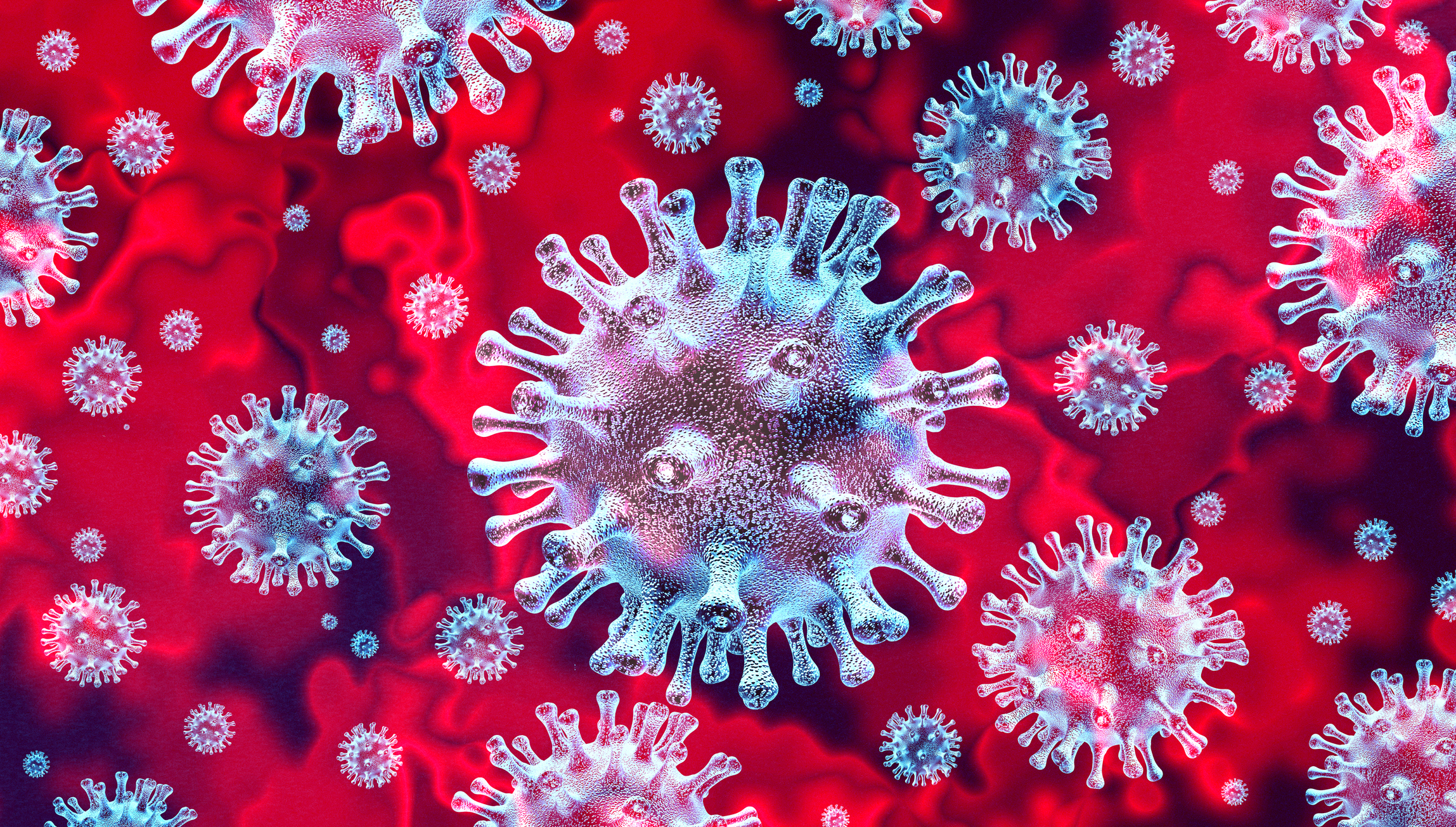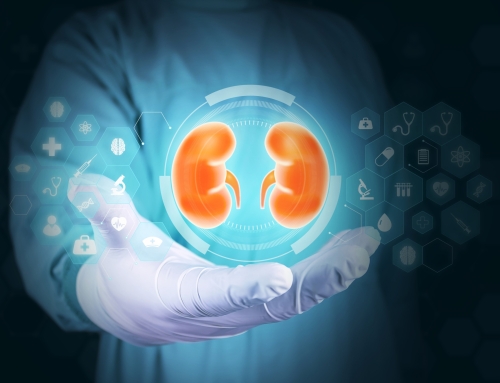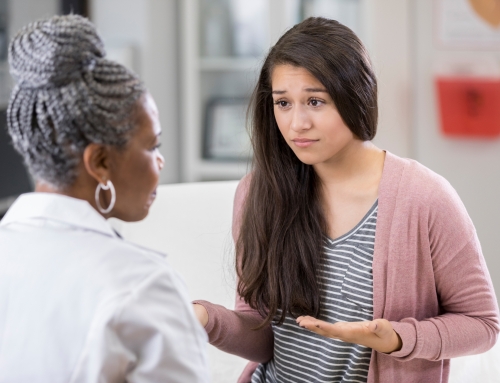Updated 3/26/2020
Coronavirus disease 2019 (abbreviated COVID-19) is a new respiratory virus spreading to the United States. Although the health risk is low in this country at this time, we know that people who have chronic illnesses, weakened immune systems and/or are over the age of 60 could pose an increased risk if they develop the disease. That said, it is not a time to panic, but rather a time to use procedures that help prevent the flu, coronavirus and other infections.
Prevention
A great prevention tip is to avoid getting or sharing germs that can cause infections. Here are some ways to practice this tip.
Wash your hands. It is one of the best ways to keep from getting sick and from spreading germs. You need to do it for at least 20 seconds, though. Use 3-5 mL of soap (typically one to two pushes). Here is a link to the Centers for Disease Control and Prevention (CDC) website that explains the right way and when to wash your hands:
https://www.cdc.gov/handwashing/when-how-handwashing.html
Cover your nose and mouth when you cough or sneeze. Do not cough in your hands and use a tissue if possible. Here is a CDC link for how to prevent spreading germs when you cough:
https://www.cdc.gov/healthywater/hygiene/etiquette/coughing_sneezing.html
Avoid touching your eyes, nose, or mouth. That is easy to say but hard to do. People are in the habit of touching their faces and are not aware that they are doing it.
View APIC’s information on infection prevention here: https://www.universityhealth.com/-/media/Files/Blog/Dont-touch-your-face_FINAL.ashx
Avoid touching surfaces used in public places. You may want to use a hand towel or tissue if possible when touching doorknobs, light switches, etc. You also may want to take your shoes off when you enter your house too as the bottom of your shoes collect bacteria. Some people have outdoor shoes and indoor shoes or slippers.
Avoid greeting people with a handshake, hug or a kiss. A smile and a verbal greeting will be just fine.
Stay at home. If you are sick, stay home. Or if someone else is sick, avoid visiting or being with the sick person. If you have traveled to another country where the coronavirus has been confirmed or you have been with someone who has a confirmed case of the coronavirus, you may need to be quarantined. If you have concerns about being exposed to the coronavirus, use your judgment—you may want to avoid attending large public events.
Contact your doctor if you feel sick. The main symptoms of the Coronavirus are: Fever, Cough, and Shortness of Breath. Your doctor can order a test if the Coronavirus is suspected. Your Medicare Part B will cover the cost of the test if ordered by your doctor or a health care provider. https://www.medicare.gov/coverage/coronavirus-test
Dialysis Treatment and Facility Procedures
Dialysis facilities are closely following the coronavirus. They also follow CMS guidance and strict CDC guidelines regarding safety procedures to prevent infections at their facilities. Staff and patients need to stay home if they are sick. Patients should call the facility and describe their symptoms before going to the dialysis facility, however patients should NOT postpone their dialysis treatments. The health status of both in-center and home dialysis patients, visitors, and staff (everyone in their facility) need to be monitored for signs or symptoms of a respiratory infection, including COVID-19. Thus, dialysis facilities will be identifying high risk individuals prior to appointments or upon arrival and screen for fever or symptoms of a respiratory infection. This includes patients, staff, and visitors. If the screening identifies symptoms, the individual may be asked to wear a mask and may need to receive treatment in isolation.
Your health care team will work with you if you are unable to come to the dialysis facility due to illness, just call them as soon as possible to make alternate arrangements.
The CDC website provides updated information and additional resources as they become available.
https://www.cdc.gov/coronavirus/2019-ncov/hcp/dialysis/infection-prevention-control.html
https://www.cms.gov/files/document/qso-20-19-esrd.pdf
Be Prepared
As with weather emergencies or an outbreak of the flu, you want to be prepared if the coronavirus spreads to your area and people are advised to stay indoors. You don’t want to hoard face masks, tissues, or toilet paper; but you do want to stock up on non-perishable foods and cleaning supplies. You will also want to check your medications, so that you don’t run out.
The Kidney Community Emergency Response (KCER) provides assistance to patients who are having difficulty contacting their dialysis facility, provider, or ESRD Network. It has a list of resources and articles on topics such as telemedicine, tips for social distancing, and how to find pharmacies in areas impacted by the crisis.
Webinar: What the COVID-19 Means for Kidney Patients
To Learn More
The Centers for Disease Control
https://www.cdc.gov/coronavirus/2019-ncov/index.html
Association for Professionals in Infection Control and Epidemiology
https://apic.org/covid19/
American Society of Nephology
https://www.asn-online.org/g/blast/files/DIALYSIS%20COVID%202019%20Update%2003.04.2020FINAL.pdf
American Society of Transplantation
https://www.myast.org/coronavirus-disease-2019-covid-19-frequently-asked-questions-transplant-candidates-and-recipients
Organ Procurement and Transplant Network
https://optn.transplant.hrsa.gov/news/information-for-transplant-programs-and-opos-regarding-2019-novel-coronavirus/




